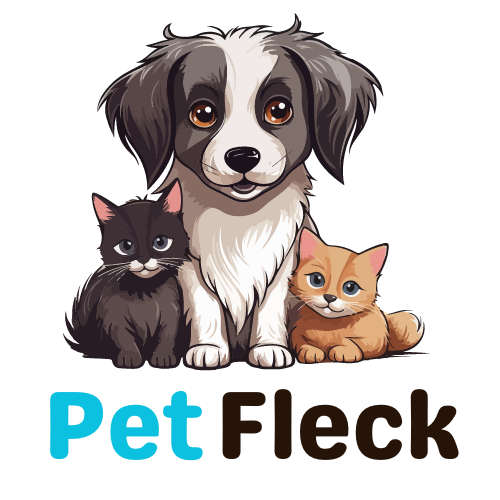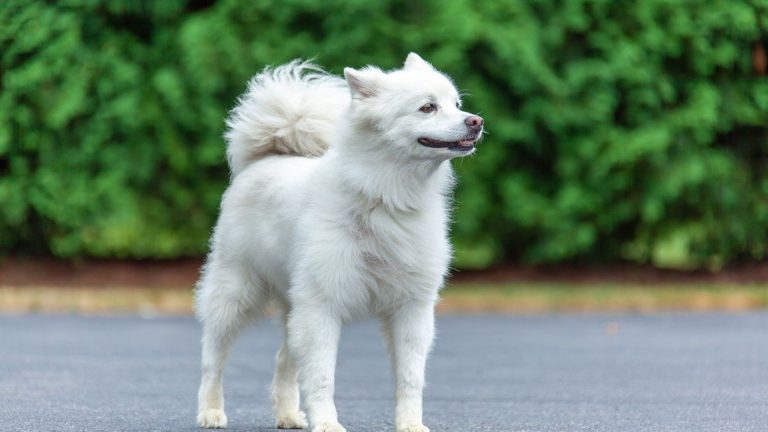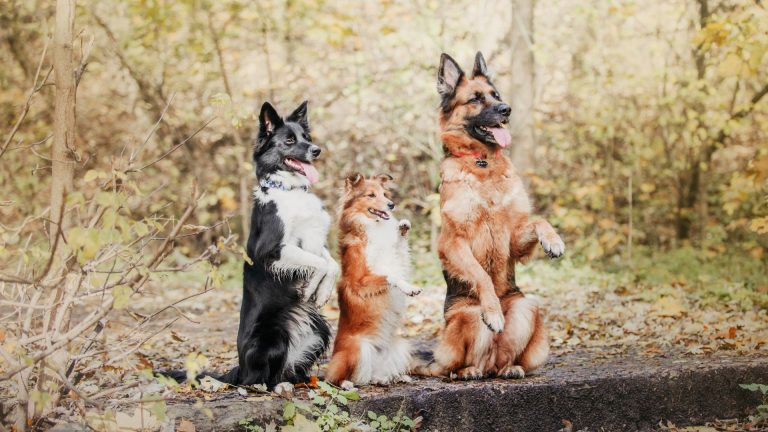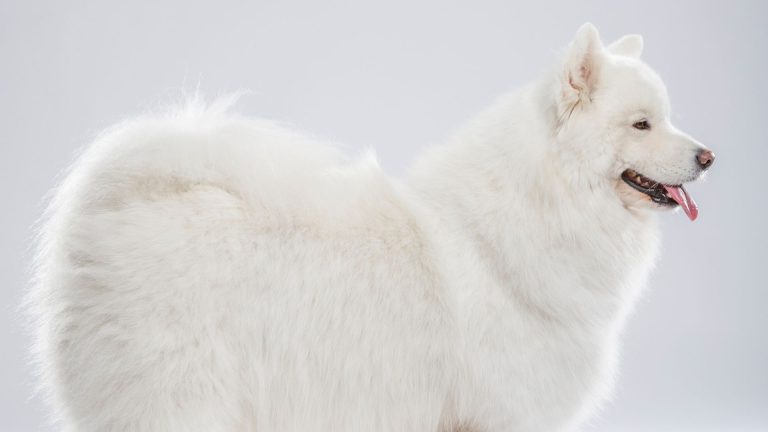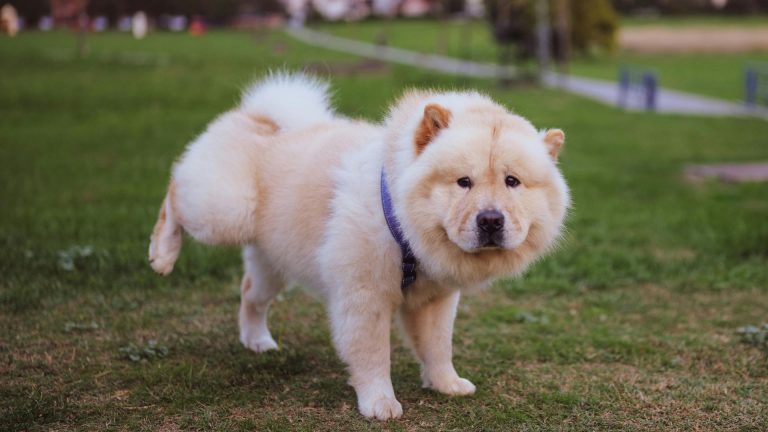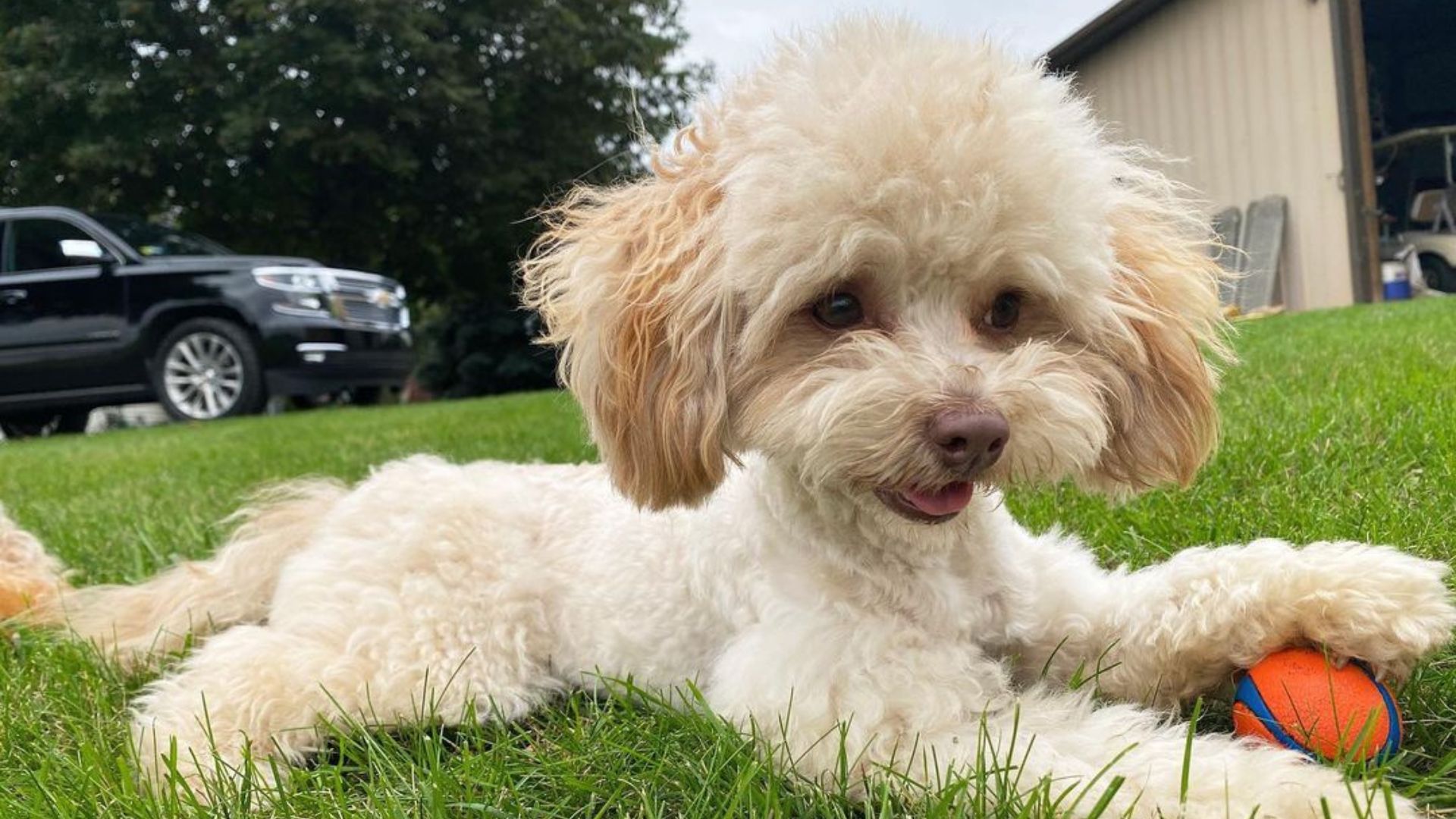
Contents
Toy Aussiedoodles are a delightful blend of the Toy Poodle and the Australian Shepherd. These small, intelligent, and affectionate dogs have become increasingly popular due to their charming personalities and manageable size. Understanding their size and care requirements is crucial for ensuring they lead happy and healthy lives.
Knowing what to expect in terms of size helps potential owners prepare for the physical and environmental needs of Toy Aussiedoodles. Proper care, including grooming, diet, and exercise, is essential to maintain their well-being.
This article will guide you through everything you need to know about Toy Aussiedoodles. We will cover their typical size and growth expectations, personality traits, and temperament. Additionally, we will delve into their care and maintenance, training and exercise needs, health and wellness, and how to find a reputable breeder or adopt one. By the end, you’ll be well-equipped to welcome a Toy Aussiedoodle into your home.
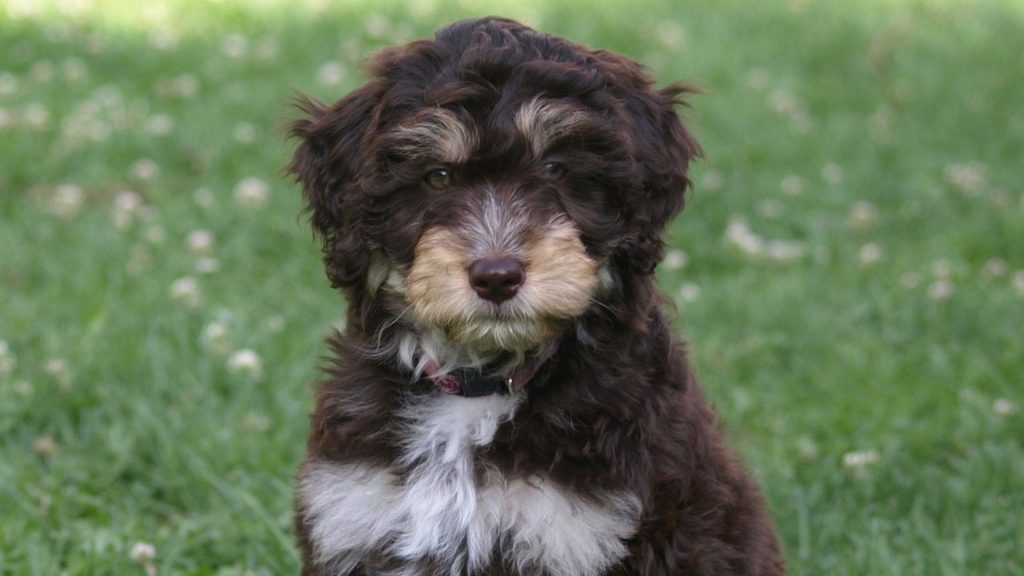
Understanding the Toy Aussiedoodle
The Toy Aussiedoodle, a mix of the Toy Poodle and Australian Shepherd, is a small, intelligent, and friendly hybrid breed. The Toy Poodle contributes intelligence and a hypoallergenic coat, while the Australian Shepherd adds playfulness and loyalty.
Toy Aussiedoodles are popular for their adaptability, making them suitable for both apartments and outdoor activities. Their sociable nature and hypoallergenic coat make them excellent family pets. With varied coat colors and textures, they are visually appealing and loved for their unique appearance, intelligence, and friendly demeanor. This blend makes them a favored companion for many households.
Size and Growth Expectations
Understanding the size and growth expectations of Toy Aussiedoodles is essential for potential owners. These dogs typically exhibit a range of sizes based on their genetic heritage.
Typical Size Range (Height and Weight) of Toy Aussiedoodles
Toy Aussiedoodles usually stand between 10 to 15 inches tall at the shoulder. Their weight ranges from 10 to 20 pounds. Their small stature makes them well-suited for apartment living and easy to handle.
Growth Stages from Puppy to Adult
Toy Aussiedoodles go through several growth stages before reaching their adult size. During the first few months, they grow rapidly, gaining most of their height and weight. By six months, they typically reach about half of their adult size. Full growth is usually achieved by 12 to 16 months. Monitoring their growth and ensuring proper nutrition is crucial during these stages.
Factors Affecting Size: Genetics, Diet, and Exercise
Several factors influence the size of a Toy Aussiedoodle:
- Genetics: The size of the parent breeds plays a significant role. A larger Toy Poodle or Australian Shepherd can result in a bigger Toy Aussiedoodle.
- Diet: Proper nutrition is essential for healthy growth. High-quality food supports bone development and overall health.
- Exercise: Regular physical activity helps maintain a healthy weight and muscle tone. Over-exercising or under-exercising can affect their growth and health.
Comparisons with Other Aussiedoodle Sizes (Mini and Standard)
Toy Aussiedoodles are the smallest of the Aussiedoodle varieties. In comparison:
- Mini Aussiedoodles: These dogs are slightly larger, typically standing 15 to 20 inches tall and weighing between 20 to 35 pounds. They share many characteristics with Toy Aussiedoodles but require more space and exercise.
- Standard Aussiedoodles: The largest of the breed, Standard Aussiedoodles can stand over 20 inches tall and weigh between 40 to 70 pounds. They need more space and are better suited for homes with larger yards.
The smaller size of Toy Aussiedoodles makes them ideal for those living in smaller spaces or those who prefer a more manageable pet. Despite their size, they retain the energetic and intelligent nature of their larger counterparts.
Understanding these growth expectations and factors can help potential owners provide the best care for their Toy Aussiedoodle. Proper nutrition, regular exercise, and monitoring their growth stages ensure they develop into healthy and happy adults.
Personality and Temperament
Toy Aussiedoodles are known for their delightful personality and friendly temperament. These dogs are intelligent, affectionate, and highly sociable. They inherit the best traits from their parent breeds, the Toy Poodle and the Australian Shepherd, making them wonderful companions.
General Temperament of Toy Aussiedoodles
Toy Aussiedoodles are lively and playful. They enjoy engaging with their owners and thrive on social interaction. Their intelligence makes them quick learners, which is why they excel in obedience training and agility activities. They are also known for their loyalty and eagerness to please, which makes them very responsive to training.
Behavior with Family and Children
Toy Aussiedoodles make excellent family pets. They are gentle and patient with children, often forming strong bonds with them. Their playful nature makes them great playmates for kids, and their small size ensures they are manageable even for younger children. However, it is important to supervise interactions to ensure both the dog and children play safely.
Interaction with Other Pets
Toy Aussiedoodles generally get along well with other pets. They are friendly and curious, which helps them integrate into multi-pet households. Early socialization is key to ensuring they interact well with other dogs and pets. Introducing them to different animals and environments at a young age helps them develop a well-rounded and sociable temperament.
Overall, Toy Aussiedoodles are a joy to have as pets. Their combination of intelligence, friendliness, and adaptability makes them suitable for various living situations. Whether in a family with children or a household with other pets, Toy Aussiedoodles bring joy and companionship to their owners.
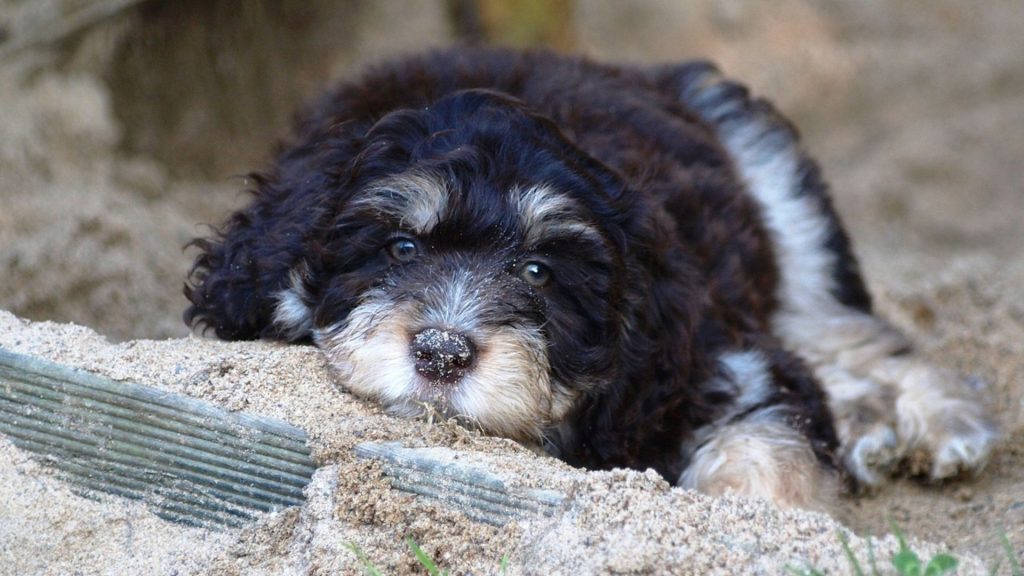
Care and Maintenance
Proper care and maintenance are essential for keeping your Toy Aussiedoodle healthy and happy. This includes regular grooming, a balanced diet, and attention to their specific needs.
Grooming Needs
Toy Aussiedoodles can have various coat types, ranging from wavy to curly. Their coats are typically low-shedding, making them suitable for people with allergies. Regular grooming is necessary to keep their coat healthy and tangle-free. Brushing should be done at least three times a week to prevent matting and remove loose hair.
Bathing, Brushing, and Trimming
Bathing should be done every four to six weeks using a gentle dog shampoo to keep their coat clean and smelling fresh. Avoid over-bathing, as it can strip the coat of natural oils. Regular brushing helps distribute these oils and keeps the coat shiny. Trimming is also important, especially around the eyes, ears, and paws, to maintain a neat appearance and prevent irritation.
Ear Cleaning and Dental Care
Toy Aussiedoodles are prone to ear infections, so regular ear cleaning is essential. Use a vet-recommended ear cleaner and check for signs of redness or discharge. Dental care is equally important. Brush your dog’s teeth several times a week to prevent plaque buildup and dental diseases. Dental chews and regular vet check-ups can also help maintain oral health.
Diet and Nutrition
A balanced diet is crucial for the overall health of your Toy Aussiedoodle. High-quality commercial dog food formulated for small breeds is a good choice. Look for brands that list meat as the first ingredient and avoid fillers like corn and soy.
Importance of Balanced Nutrition
Balanced nutrition supports your dog’s immune system, promotes a healthy coat, and maintains energy levels. Ensure the diet includes essential nutrients such as proteins, fats, vitamins, and minerals. Supplementing with omega-3 and omega-6 fatty acids can also benefit their skin and coat health.
Feeding Schedule and Portion Control
Toy Aussiedoodles should be fed two to three small meals a day rather than one large meal. This helps maintain their energy levels throughout the day and prevents digestive issues. Portion control is important to prevent obesity, a common issue in small breeds. Follow the feeding guidelines on the dog food packaging and adjust based on your dog’s activity level and age. Regularly monitor your dog’s weight and consult your vet for dietary adjustments if necessary.
By maintaining a regular grooming routine and providing a balanced diet, you can ensure your Toy Aussiedoodle stays healthy and looks their best. Proper care and attention to their specific needs will help your dog lead a happy, active life.
Training and Exercise Requirements
Toy Aussiedoodles benefit greatly from early training and socialization. Starting training early helps establish good habits and prevents behavioral issues. Socializing them with different people, pets, and environments at a young age ensures they grow into well-rounded, confident dogs.
Importance of Early Training and Socialization
Early training is crucial for Toy Aussiedoodles. It helps them understand basic commands and manners. Socialization exposes them to various situations, reducing fear and anxiety. Both are essential for a happy, well-adjusted dog.
Training Tips and Techniques
Use positive reinforcement techniques, such as treats, praise, and play, to encourage good behavior. Keep training sessions short and fun to maintain their interest. Consistency is key. Use the same commands and reward system to avoid confusion. Enroll in puppy training classes for professional guidance and socialization opportunities.
Exercise Needs and Suitable Activities
Toy Aussiedoodles are energetic and require regular exercise to stay healthy. Aim for at least 30 minutes of physical activity daily. Suitable activities include walks, playtime in the yard, and visits to the dog park. These activities help burn off excess energy and keep them fit.
Mental Stimulation and Enrichment
Mental stimulation is as important as physical exercise. Toy Aussiedoodles are intelligent and need activities that challenge their minds. Puzzle toys, interactive games, and training sessions provide mental enrichment. Rotate toys and introduce new challenges to keep them engaged.
By focusing on early training, regular exercise, and mental stimulation, you can ensure your Toy Aussiedoodle remains happy, healthy, and well-behaved. Consistent effort in these areas will help your dog thrive.
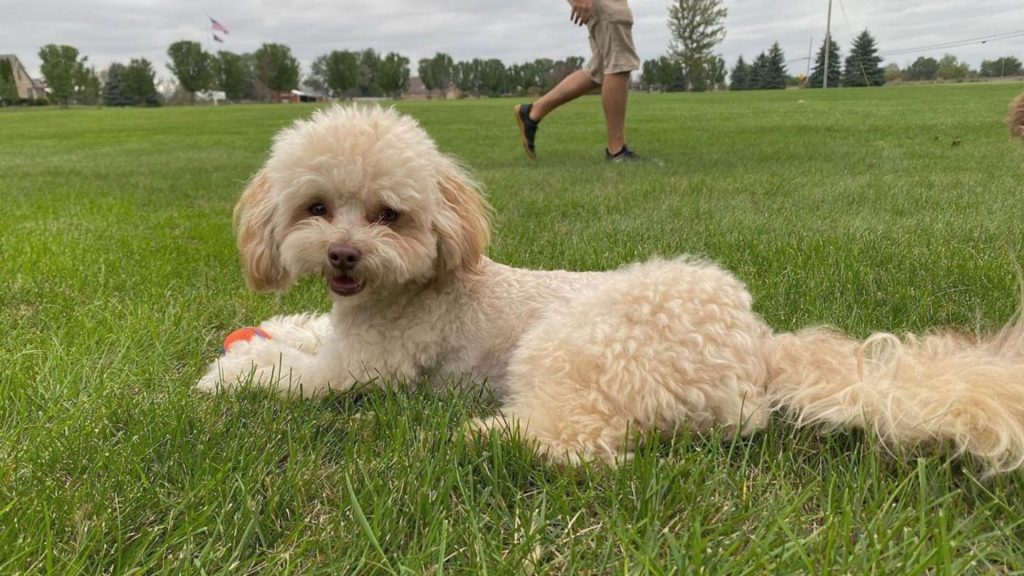
Health and Wellness
Maintaining the health and wellness of your Toy Aussiedoodle is crucial for ensuring a long and happy life. Being aware of common health issues, practicing preventative care, and recognizing signs of good health are essential aspects of responsible pet ownership.
Common Health Issues in Toy Aussiedoodles
Toy Aussiedoodles are generally healthy dogs, but they can be prone to certain health issues. Common problems include hip dysplasia, patellar luxation, and eye conditions such as progressive retinal atrophy. They may also inherit genetic conditions from their parent breeds, like epilepsy and allergies. Regular vet check-ups are essential to catch and manage these conditions early.
Preventative Care and Regular Vet Check-Ups
Preventative care is vital for maintaining your dog’s health. Schedule regular vet check-ups, at least once a year, to monitor their overall condition and catch any health issues early. Regular dental cleanings, weight management, and grooming are also part of preventative care. Keeping your dog’s teeth clean and their weight in check helps prevent many common health problems.
Vaccinations and Parasite Control
Keeping your Toy Aussiedoodle up-to-date on vaccinations is crucial for preventing diseases like parvovirus, distemper, and rabies. Consult your vet to create a vaccination schedule tailored to your dog’s needs. Regular parasite control, including flea, tick, and heartworm prevention, is also essential. Use vet-recommended products to protect your dog from these pests year-round.
Signs of a Healthy Toy Aussiedoodle
A healthy Toy Aussiedoodle has a shiny coat, bright eyes, and a good appetite. They should be active, playful, and maintain a healthy weight. Regular bowel movements and clear, normal urine are also signs of good health. Monitor your dog for any changes in behavior, appetite, or appearance, as these can indicate potential health issues.
By staying vigilant about your Toy Aussiedoodle’s health through regular vet visits, vaccinations, and preventative care, you can ensure they live a healthy and happy life. Recognizing the signs of good health will help you address any issues promptly and keep your furry friend in top condition.
Finding a Reputable Breeder
Choosing a reputable breeder is crucial when looking for a Toy Aussiedoodle. A responsible breeder ensures the health and well-being of their dogs, providing you with a healthy and well-socialized puppy.
Importance of Choosing a Reputable Breeder
Reputable breeders prioritize the health and temperament of their puppies. They perform health screenings on the parent dogs to avoid genetic issues and raise the puppies in a nurturing environment. This care results in healthier, happier dogs.
Tips for Identifying a Responsible Breeder
- Visit the Breeder’s Facility: Ensure the living conditions are clean and spacious.
- Ask for Health Clearances: Verify health tests and genetic screenings.
- Check References: Speak to previous buyers about their experience.
- Observe Interactions: Notice how the breeder interacts with the dogs; they should be knowledgeable and caring.
Questions to Ask When Selecting a Breeder
- Can I meet the puppy’s parents?
- What health tests have been done on the parents?
- How are the puppies socialized?
- Do you provide a health guarantee?
- Can you provide references from past buyers?
By choosing a reputable breeder, you can ensure you’re bringing home a healthy, well-adjusted Toy Aussiedoodle.
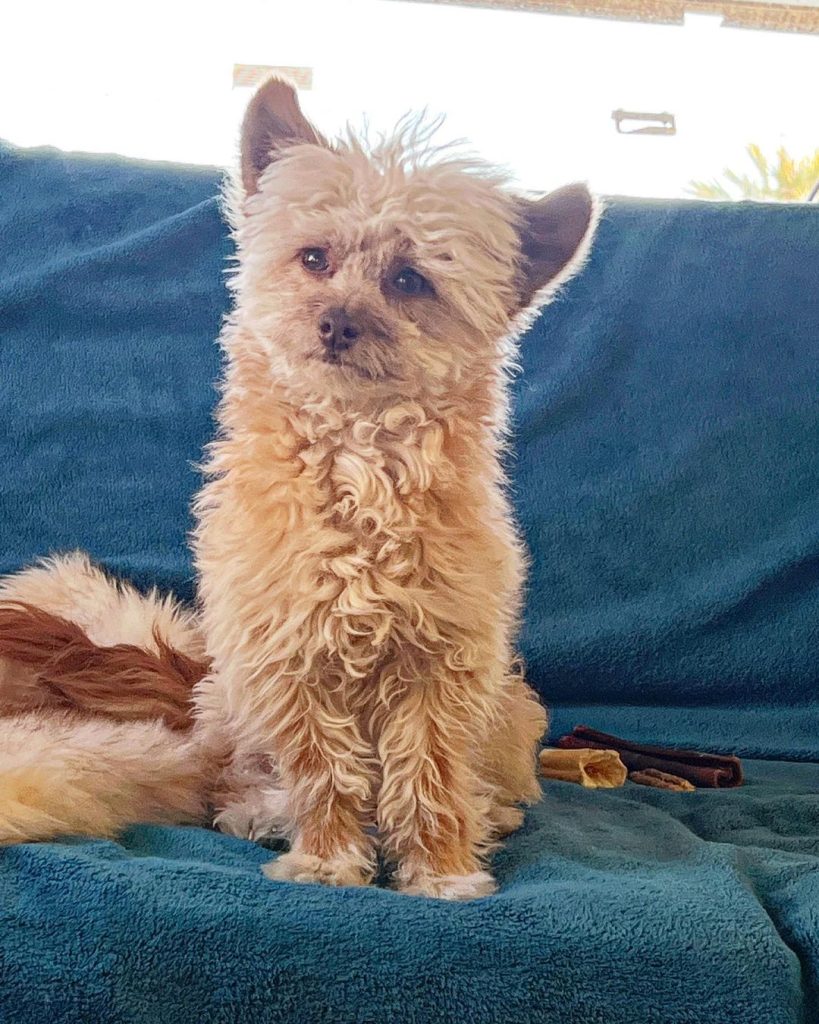
Adoption and Rescue Options
Adopting a Toy Aussiedoodle from a rescue or shelter is a wonderful option. It offers numerous benefits and provides a loving home to a dog in need.
Benefits of Adopting a Toy Aussiedoodle
- Second Chance: Gives a dog a new lease on life.
- Cost-Effective: Often more affordable than purchasing from a breeder.
- Pre-Socialized: Adult dogs may already be trained and socialized.
How to Find Rescue Organizations and Shelters
- Online Search: Use websites like Petfinder and Adopt-a-Pet to find Toy Aussiedoodles.
- Local Shelters: Visit local animal shelters and inquire about available dogs.
- Breed-Specific Rescues: Look for organizations specializing in Aussiedoodles or similar breeds.
Considerations When Adopting an Adult Dog
- Adjustment Period: Be prepared for an adjustment period as the dog adapts to its new home.
- Health History: Understand the dog’s health and behavioral history.
- Patience and Training: Provide patience and possibly additional training to help them settle in.
By choosing adoption, you not only save a life but also gain a loyal and loving companion. Rescue organizations and shelters are excellent resources for finding your perfect Toy Aussiedoodle.
Conclusion
Toy Aussiedoodles are a delightful blend of intelligence, playfulness, and affection. Understanding their size, growth expectations, and care needs is essential for potential owners. These small dogs typically weigh between 10 to 20 pounds and require regular grooming, a balanced diet, and sufficient exercise to stay healthy and happy. Early training and socialization are crucial for their development, while regular vet check-ups ensure their well-being.
Potential owners will find Toy Aussiedoodles to be excellent companions, suitable for families, singles, and seniors alike. Their adaptable nature makes them perfect for both apartment living and active households. Whether you choose to buy from a reputable breeder or adopt from a rescue, a Toy Aussiedoodle will bring joy and love into your life.
In summary, owning a Toy Aussiedoodle is a rewarding experience. Their charming personalities and manageable size make them wonderful pets that can enrich any home. Embrace the joy of having a Toy Aussiedoodle and enjoy a loyal, intelligent, and loving companion.

Hello, I’m Donna Carter, the founder and writer behind PetFleck.com. My journey with dogs started years ago, and it’s been a passion that has only grown stronger over time. I’ve always been fascinated by the unique behaviors and characteristics of different dog breeds, and this curiosity has led me to dive deep into the world of canine studies.
My love for dogs is the driving force behind everything I do. I’ve dedicated countless hours to researching and understanding the nuances of dog care, training, and breed-specific traits. This dedication helps me create content that is not only informative but also genuinely helpful for fellow dog lovers and owners.
At PetFleck, I combine my extensive knowledge and hands-on experience with my passion for dogs to provide valuable insights and tips. Whether it’s exploring different breeds or offering practical advice on dog care, I aim to share knowledge that makes a real difference in the lives of dogs and their families.
I’m thrilled to share my love for dogs with you through my writing. I hope my articles inspire and inform, helping you to better understand and appreciate the incredible bond we share with our furry friends.
Thank you for visiting PetFleck.com, and I look forward to connecting with you through our shared love of dogs!
